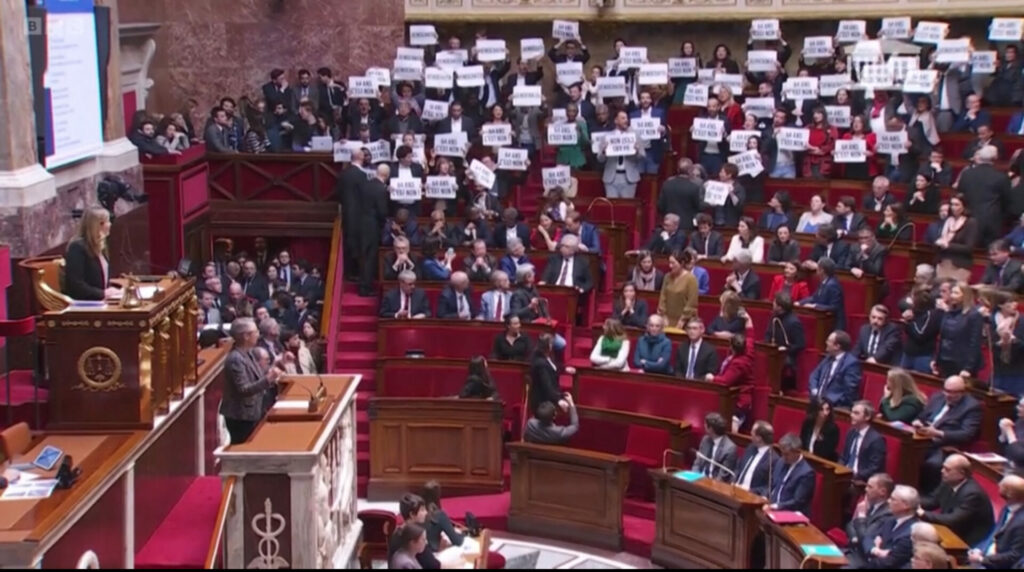Though Macron may ultimately be vindicated, people hardly forget legislations seen to be brutal, inhumane, and degrading. More so when they hear those on the other side of the divide tell them that there are alternatives to cutting too close to their bones.
Elsewhere it is called Presidential Veto. In France, the now infamous constitutional procedure which President Emmanuel Macron had his Prime Minister, Elisabeth Borne triggered is art. 49.3 of the Constitution. Though obscure, the legal provision is a legitimate part of the French political lexicon. Over the past 60 years of the French Fifth Republic, it has been deployed some 100 times by governments of all political persuasions. It is used principally to bypass the National Assembly in an attempt to push through unpopular Bills without a vote in Parliament.
French citizens have taken to the streets in protest. Parliamentarians are equally revolting. A call for a vote of No-Confidence fell on Friday 17 March. The dual questions here are: firstly, why did President Macron take this rather unconventional route, a serious political risk? Secondly how measured is this risk, will he survive a confidence vote?
Put simply, pension reform was at the heart of Macron’s campaign for re-election. The Bill is a political exigency and Macron’s flagship legislation after re-election. He can’t be seen to have abandoned the cause and the course. Characteristically, he’s confident that the benefits of the reform, which is to raise more public finance to avert deepening (threat of) inflation, will vindicate him. The vindication, he believes, will come in quick enough time for citizens to forgive him ‘his reform sins’. In other words, Mr President believes he can warm himself back to the hearts of French people before the next election circle.
On no-confidence vote, there is no combined, organised opposition against Macron, not on this pension reforms. Non-Bedfellows can hardly unite in the National Assembly to kick Macron out through a no-confidence vote. President Macron’s undoing might turn out to be the abysmally low morale in France. The everyday French man and woman sees retirement as a bright spot in the future. And Macron has moved that bright spot further, thereby prolonging, at least their agony.
There are good reasons to believe that Macron may ultimately be vindicated. However people hardly forget legislations seen to be brutal, inhumane, and degrading. More so when they hear those on the other side of the divide tell them that there are alternatives to cutting too close to their bones. This all looks like a war Macron will win but a battle he might lose.


